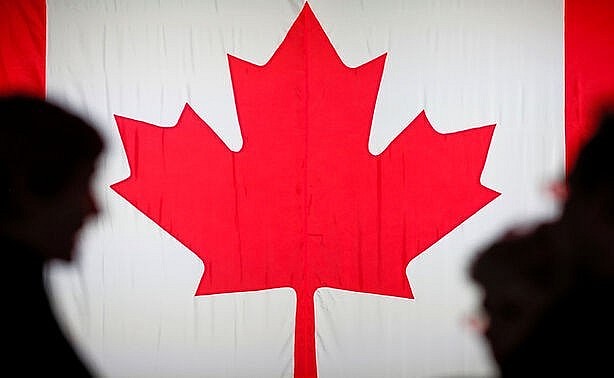India , A Critical Partner for Indo-Pacific Strategy
 |
| The document contains a separate section on India and growing economic ties. (Representational) |
Canada has in its new Indo-Pacific strategy document highlighted plans to increase cooperation with India, including a commitment to work towards a new trade agreement, underscoring New Delhi's growing importance in the strategic, economic and demographic spheres in the region.
The "Canada's Indo-Pacific Strategy" document states that the Indo-Pacific region will play a critical role in shaping Canada's future over the next half-century. At the same time the document describes China as "an increasingly disruptive global power and rebukes the Asian's country for its disregard of international rules and norms".
"India's growing strategic, economic and demographic importance in the Indo-Pacific makes it a critical partner in Canada's pursuit of its objectives under this strategy," says the 26-page document released on Sunday.
The strategy document contains a separate section on India and growing economic ties, including through deeper trade and investment, as well as cooperate on building resilient supply chains.
It seeks to expand to market access with India by concluding an Early Progress Trade Agreement (EPTA) as a step towards a Comprehensive Economic Partnership Agreement between the two countries.
The strategy seeks to create a Canada-India desk within the Trade Commissioner Service to promote implementation of the EPTA for businesses and investors looking to enter the Indian market, or for those partnering with Indian businesses
Canada will it says invest in and connect people, including by bolstering Canada's visa-processing capacity in New Delhi and Chandigarh.
The Canadian government will support academic, educational, cultural, youth and research exchanges.
Canada will seek to accelerate cooperation in the fight against climate change, in protecting the environment and in deploying green technologies.
It will also send enhanced Team Canada trade missions in priority sectors of mutual interest, such as renewable energy and clean technology.
The strategy states that Canada and India have a shared tradition of democracy and pluralism, a common commitment to a rules-based international system and multilateralism, mutual interest in expanding multifaceted ties between the two countries.
According to the document, the Indo-Pacific region will play a critical role in shaping Canada's future over the next half-century.
Encompassing 40 economies, over four billion people and USD 47.19 trillion in economic activity, it is the world's fastest growing-region and home to six of Canada's top 13 trading partners.
"The Indo-Pacific region represents significant opportunities for growing the economy here at home, as well as opportunities for Canadian workers and businesses for decades to come," the document read.
Meanwhile, the document describes China as "an increasingly disruptive global power," that have complex and deeply intertwined relationships with its "key regional actors."
Recommended
 World
World
Pakistan NCRC report explores emerging child rights issues
 World
World
"India has right to defend herself against terror," says German Foreign Minister, endorses Op Sindoor
 World
World
‘We stand with India’: Japan, UAE back New Delhi over its global outreach against terror
 World
World
'Action Was Entirely Justifiable': Former US NSA John Bolton Backs India's Right After Pahalgam Attack
Popular article
 World
World
US, China Conclude Trade Talks with Positive Outcome
 World
World
Nifty, Sensex jumped more than 2% in opening as India-Pakistan tensions ease
 World
World
Easing of US-China Tariffs: Markets React Positively, Experts Remain Cautious
 World
World



